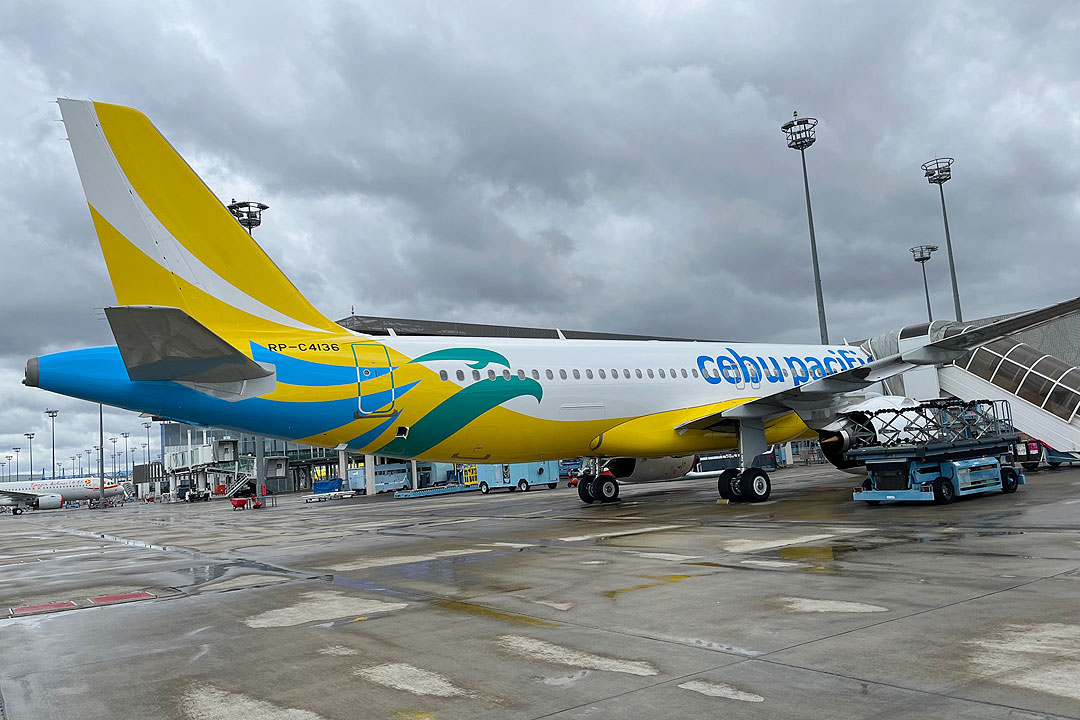Cebu Pacific expects impact on fleet in 2024 amid engine inspections

BUDGET carrier Cebu Pacific will lower its fleet growth rate for 2024, according to its listed operator Cebu Air, Inc., as engine maker Pratt and Whitney (P&W) inspects A320/321 NEO aircraft engines worldwide following suspected issues.
The company expects that “a number” of its aircraft will be affected next year. As such, “the growth rate for 2024 will be revised downwards,” Cebu Air said in a disclosure to the stock exchange on Friday.
“There is no immediate impact on our operations, but we expect that this will affect our fleet availability in 2024,” the company noted. “We would like to assure our passengers that this is not a safety issue.”
Cebu Air also said that the inspection is aimed at ensuring the “continued safe operation” of its P&W-powered aircraft fleet.
The budget carrier anticipates having 76 aircraft in its fleet this year and is initially expected to expand to 91 aircraft by 2024.
It is the youngest fleet in the Philippines and includes 25 P&W-powered Airbus aircraft, according to the airline.
“P&W understands the importance of its partnership with Cebu Pacific and has committed to working closely with us to minimize any potential impact that this issue may have on our operations,” Cebu Air said.
“Given the complexity of the situation in the near term, P&W assured us that it has aligned the expertise and resources needed and will work with its partners to resolve things as efficiently as possible,” it added.
Sought for comment, Rene S. Santiago, former president of the Transportation Science Society of the Philippines, said that this will result in “reduced flying hours” for Cebu Pacific.
“This would translate to fewer flights that it can support,” he said in a phone message. “The airline can either cancel some flights on its published schedule or load the same timetable on fewer aircraft.”
“For passengers, this means fewer seat miles for the first option and flight delays for the second option,” he added.
Cebu Pacific Chief Commercial Officer Alexander Lao informed senators during a hearing in July, prompted by customer complaints, that the Pratt & Whitney engine problems have been impacting the global aviation industry.
He said that restoring an engine would now take 220 days instead of the industry norm of 90 days.
Aerospace and defense company RTX Corp., the parent of Pratt & Whitney, has said that around 3,000 engines require inspection.
India’s Directorate General of Civil Aviation has reported three instances of engine failure in IndiGo flights and has recommended that Pratt & Whitney investigate the possible cause, the ministry said in a statement.— Arjay L. Balinbin and Miguel Hanz L. Antivola with Reuters



